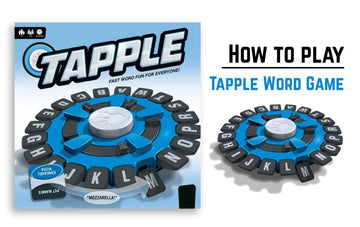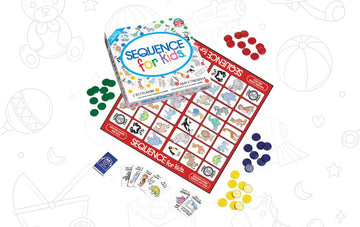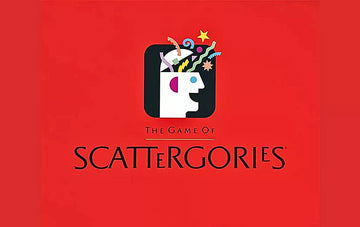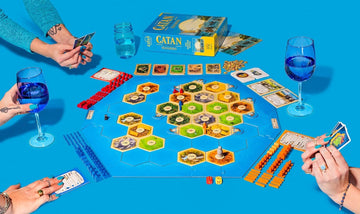Introduction
In an era dominated by digital entertainment, traditional board games are making a comeback as effective educational tools. They provide a blend of learning and play, reinforcing crucial skills in an engaging way. Whether classic or specifically designed for education, board games play a key role in child development.
Cognitive Benefits
-
Critical Thinking and Problem-Solving: Games like Chess and Risk challenge kids to plan and solve problems creatively, enhancing their strategic thinking.
-
Mathematical Skills: Monopoly and The Game of Life help children practice arithmetic and money management through gameplay.
-
Memory and Concentration: Games like Memory and Scrabble improve memory and focus, aiding academic performance.
Social and Emotional Benefits
-
Communication Skills: Games such as Charades and Clue encourage clear expression and active listening, boosting communication abilities.
-
Teamwork and Cooperation: Cooperative games like Pandemic teach the importance of working together to achieve goals.
-
Emotional Regulation and Patience: Games like Candy Land and Connect Four help children learn to take turns, handle winning and losing gracefully, and manage frustration.
Educational and Academic Benefits
-
Language and Literacy: Word games like Scrabble enhance vocabulary, spelling, and reading skills through playful learning.
-
STEM Skills: Games like Robot Turtles and Qwirkle introduce basic concepts of science, technology, engineering, and math, promoting logical thinking and spatial reasoning.
-
Historical and Cultural Awareness: Games such as 7 Wonders and Ticket to Ride spark interest in history and geography, broadening knowledge about the world.
Conclusion
Board games are more than just fun; they are powerful educational tools that support cognitive, social, and emotional development. By incorporating them into your child's routine, you're enhancing their learning in a natural and enjoyable way. Embrace the power of board games and watch your child's skills and confidence grow.





